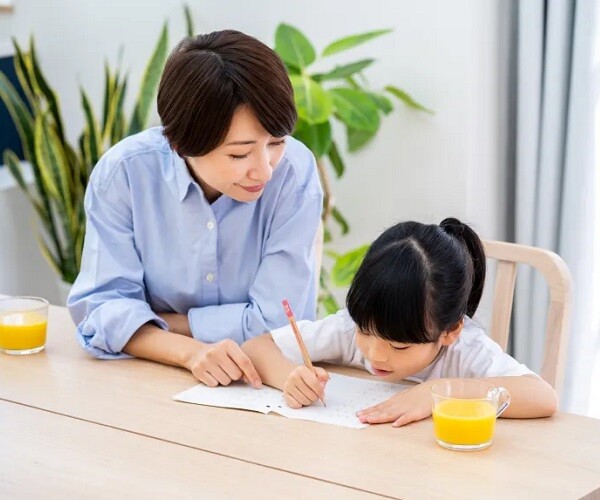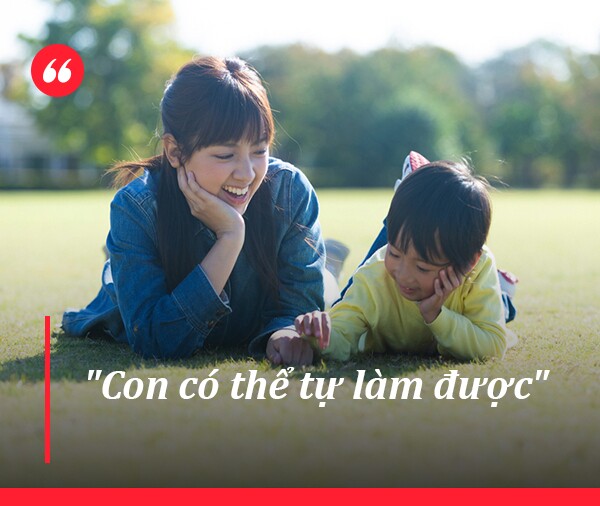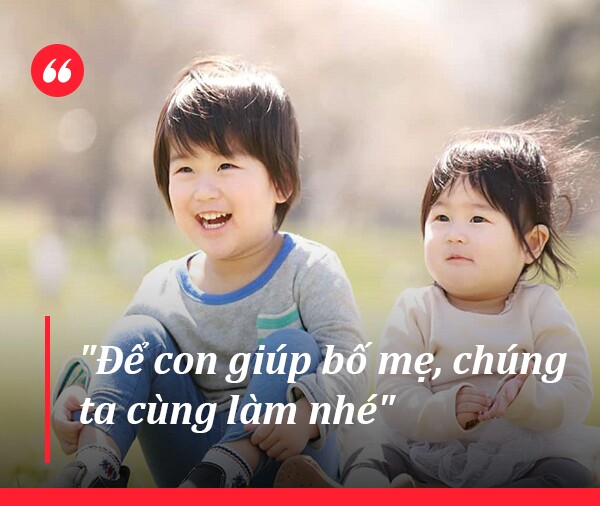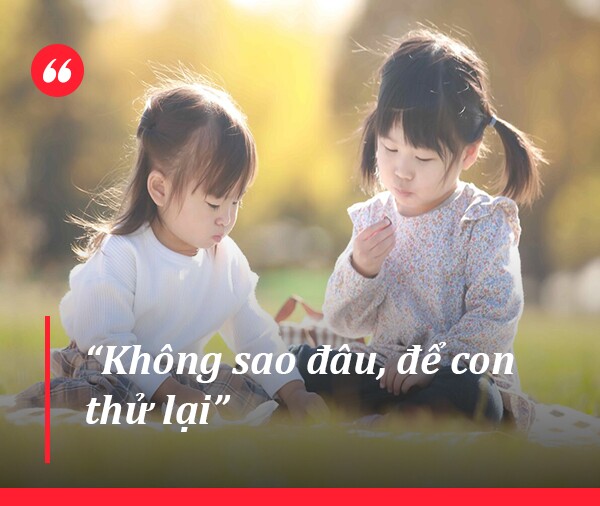Around the age of three is a critical period for promoting a child’s intellectual development and fostering their ability to live independently.
After the age of three, children start to gradually develop self-awareness and exhibit unique personality traits, preferences, and hobbies.
If parents give their children adequate attention, respect, and guidance, it can help them form a positive self-image and values, develop a healthy personality, and cultivate good habits for the future.
When children reach around seven years old, they start to adapt to collective life and are exposed to more knowledge and people.

Their thinking models and behavioral habits are formed, and they start to establish their own learning attitudes and values. Whether they can learn independently and possess a creative spirit will lay the foundation for their future development.
Psychological research shows that a person’s character is basically formed around the age of seven and is difficult to change.
Character determines destiny. Children’s habits, life attitudes, and values will also be fundamentally formed. Therefore, the period before the age of seven is crucial for shaping their character, habits, and values.
How can parents determine their child’s future success? Or what characteristics do successful adults often display in their childhood? According to experts, parents can gain some insights from their children’s words.

“Why?”—A Sign of Curiosity and a Love for Learning
Some children have hundreds of thousands of questions in their minds. They often ask why, for example, “Why is the sky blue?” “What makes the clouds move?” “Where do I come from?” This demonstrates their curiosity and eagerness to explore.
These children are intrigued by the world around them and enjoy asking questions and discovering new things. They are enthusiastic about learning and can maintain a high level of focus and enthusiasm, whether in the classroom or through extracurricular reading.

When faced with challenges, instead of becoming discouraged, they will seek ways to overcome them and learn from these experiences. This attitude fosters active and creative learners.
To nurture this curiosity, parents should encourage their children to ask questions and express their curiosity freely. Create opportunities for them to develop critical thinking and analytical skills. Rather than simply providing answers, guide them to find their own solutions, thus fostering their self-learning skills.

“I Can Do It Myself”—A Sign of Independence and Self-Initiative
This is another wonderful quality; these children like to use their hands and minds to solve problems.
Children who prefer to do things independently often display good discipline and a strong sense of responsibility.
They know how to manage their time and behavior and can complete assigned tasks on time.
Additionally, they take responsibility for their actions and have the courage to face the consequences. Through this process, they develop a strong sense of independence and practical skills, which are fundamental qualities for future success.


“Let Me Help You, Mom and Dad”—A Sign of High Emotional Intelligence (EQ)
A willingness to help others is a wonderful trait. Beyond kindness and a love for working with others, these children also possess excellent communication and collaboration skills.
They are able to build relationships, solve problems, and achieve goals effectively through communication and cooperation.
They know how to listen to others, respect different opinions, and contribute positively to a group setting.
As humans are inherently social, high emotional intelligence will enable children to thrive in their future endeavors.


“It’s Okay, I’ll Try Again”—Resilience in the Face of Setbacks
When faced with challenges, children with this mindset can self-soothe by saying, “It’s okay, I’ll try again.” This indicates a positive attitude and adaptability.
They can remain calm and optimistic when facing difficulties and will actively seek solutions. Moreover, they can adapt to changing circumstances while remaining flexible and open-minded.

In essence, good education is not just about imparting knowledge and skills but, more importantly, fostering a positive attitude, good morals, and exceptional abilities to help children succeed in life and their future careers.
When combined with knowledge and skills, these positive qualities become the key to a child’s future success. Allow children to learn from their experiences, encouraging them to become confident, resilient, and adaptable individuals.
The Tenacious Cactus: A Beauty with a Thorny Secret.
“Planting ornamental plants in front of your house is not just about aesthetics. It’s about creating a harmonious environment that aligns with the principles of feng shui and promotes safety. That’s why, according to ancient wisdom, cacti and other thorny plants are not recommended for the front yard. It’s all about striking a balance between beauty and positive energy flow.”
“5 Powerful Phrases Parents Can Use to Instill a Sense of Royalty in Their Children”
Nurturing a child’s inner strength and resilience is paramount, and parental guidance plays a pivotal role in this regard. Words from parents can empower children with a robust sense of self, positive behavior, and a confident demeanor, equipping them with the tools to navigate and protect themselves in an ever-changing world.




































